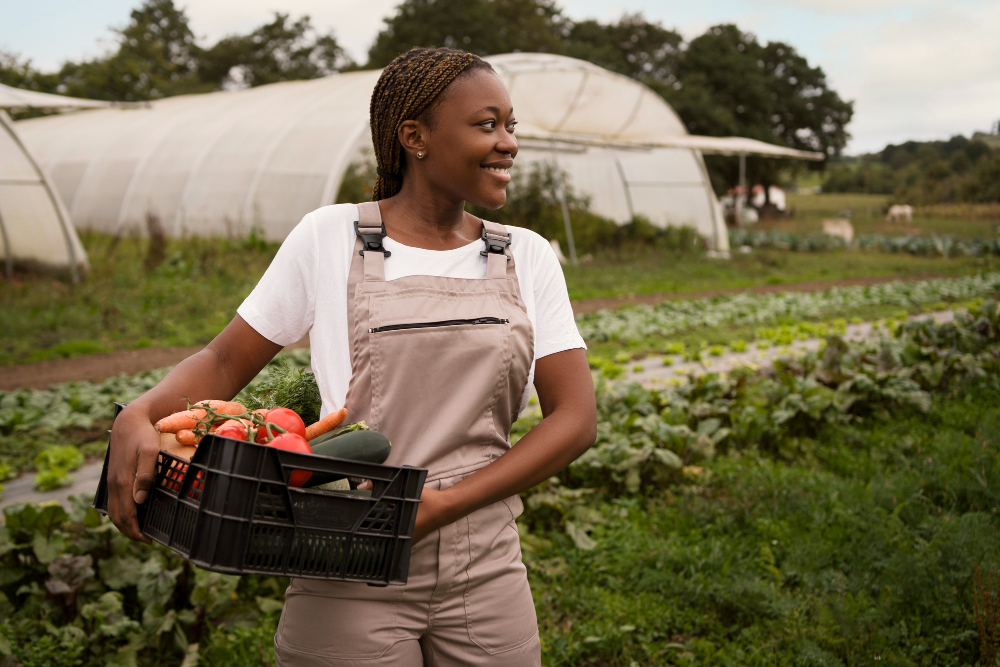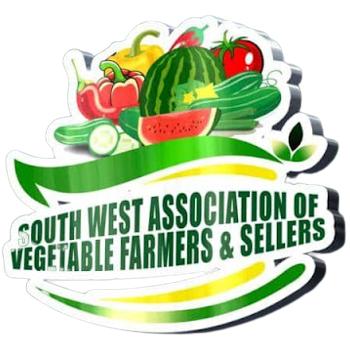Introduction
Vegetable farming plays a pivotal role in the agricultural landscape of Southwest Nigeria. With its favorable climate, fertile soil, and a rich tradition of farming, this region has become a hub for producing a wide variety of vegetables that not only nourish local communities but also contribute to the national economy. In this blog post, we’ll explore the vibrant world of vegetable farming in Southwest Nigeria, examining the crops grown, farming practices, challenges faced, and the promising future of this agricultural sector.
Diverse Vegetable Crops
One of the most remarkable aspects of vegetable farming in Southwest Nigeria is the diversity of crops cultivated. Farmers in the region grow a plethora of vegetables, including but not limited to okra, amaranth, spinach, tomatoes, pepper, eggplant, and sweet potatoes. This diversity ensures a year-round supply of fresh and nutritious produce, contributing significantly to the local diet.
Farming Practices
Vegetable farming in Southwest Nigeria utilizes various farming techniques, from traditional to modern, depending on the farmer’s resources and expertise. While some small-scale farmers rely on traditional methods passed down through generations, many have adopted modern practices to enhance productivity. These modern practices include the use of improved seed varieties, organic farming techniques, and efficient irrigation systems.
Challenges Faced
Despite its potential, vegetable farming in Southwest Nigeria faces several challenges that need to be addressed:
- Pest and Disease Management: Pests and diseases can devastate vegetable crops. Farmers must invest in pest control measures and proper crop management to minimize losses.
- Climate Variability: Unpredictable weather patterns, including prolonged droughts and heavy rainfall, can disrupt farming schedules and reduce yields. Climate-smart agriculture practices are essential to adapt to these challenges.
- Market Access: Farmers often struggle to access reliable markets for their produce. Improved market linkages and infrastructure are necessary to ensure fair prices for their crops.
- Lack of Mechanization: Many farmers still rely on manual labor for planting and harvesting, which is labor-intensive and less efficient. Promoting mechanization can increase productivity.
- Post-Harvest Losses: Poor post-harvest handling and storage facilities result in significant losses. Investing in better storage and preservation methods can reduce these losses.
The Promising Future
Despite these challenges, the future of vegetable farming in Southwest Nigeria is bright. Several initiatives are helping farmers overcome obstacles and thrive:
- Government Support: The government has been providing support through agricultural subsidies, training programs, and the establishment of agricultural cooperatives to empower farmers.
- Technology Adoption: Many farmers are embracing modern farming technologies, including mobile apps for weather forecasting, pest management, and market information, which help them make informed decisions.
- Organic Farming: The trend towards organic farming is growing, as consumers seek healthier and pesticide-free options. This presents an opportunity for farmers to tap into premium markets.
- Export Opportunities: The export market for Nigerian vegetables is expanding, offering farmers a chance to access international markets and increase their income.
Conclusion
Vegetable farming in Southwest Nigeria is a vital component of the region’s agriculture sector. With its diverse crops, a mix of traditional and modern farming practices, and the potential for growth, this sector plays a significant role in ensuring food security, improving livelihoods, and contributing to the overall economic development of the region. While challenges persist, the proactive steps taken by farmers and government initiatives make the future of vegetable farming in Southwest Nigeria promising. As this sector continues to evolve, it not only feeds the nation but also offers opportunities for sustainable agricultural development.

